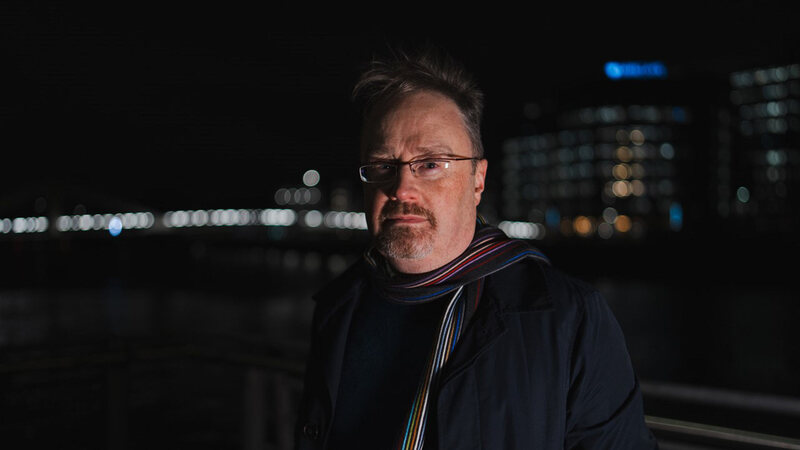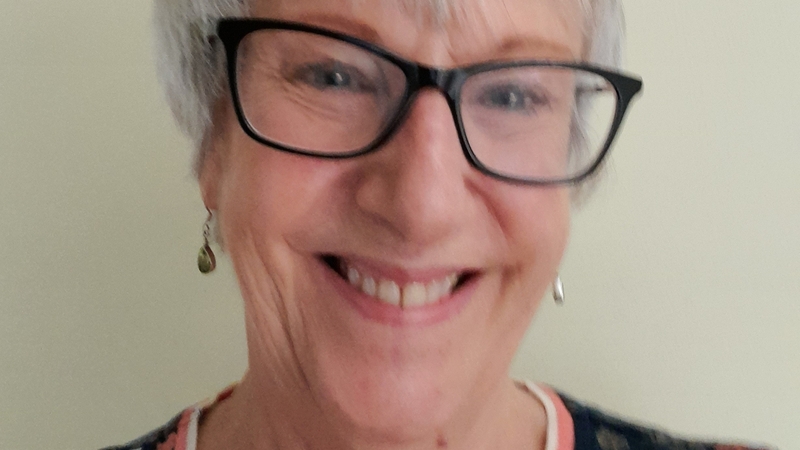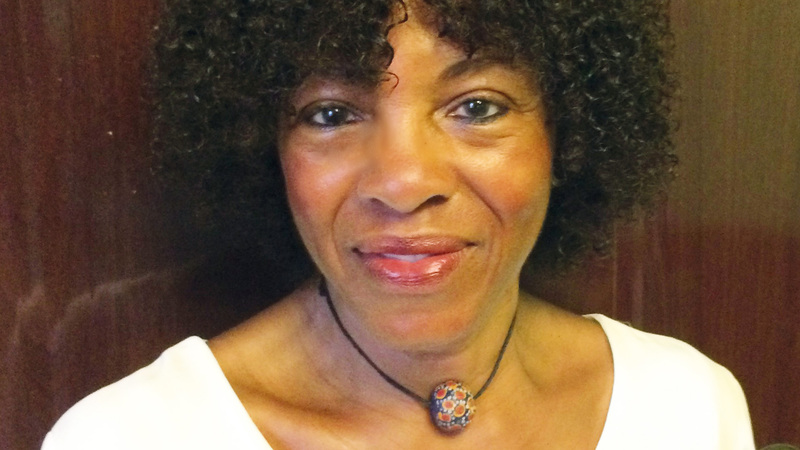You are viewing your 1 free article this month. Login to read more articles.
Susie Dunlop never tires
Susie Dunlop is frank about her inexperience: "I am not an editor. I never have been an editor. I have no editorial background," she says. But now all that has changed.
Dunlop is five weeks into her new job as publishing director at Allison&Busby, the independent specialising in crime fiction, where she succeeds David Shelley, who has moved to Time Warner. She has joined from sales force Compass, where her portfolio included the A&B account.
A big shift
Even without editorial experience, Dunlop feels confident she can do the job. "They [A&B's Spanish owner, Editorial Prensa Ibérica] took a huge punt on me, but I know what makes a good book in terms of what I enjoy reading, and I know how to present a book to get it into the bookshops." And the editing side? "I don't think I'll have any problems telling authors if the structure isn't working, although I haven't had to do it yet. It's not my job to line-by-line edit".
Dunlop initially trained as a secretary and--other than one loathed year at a wine merchant--has spent her entire career in rights and book sales. The shift from sales to editorial was a big one, but the only apprehension Dunlop admits to was how A&B's authors would respond. "I've met or spoken to nearly all of them now, and they've all been lovely and really supportive."
Good vibrations
This is not surprising: Dunlop is infectiously energetic. Although A&B is planning a move into central London, its current Brixton location suits her: the edgy energy of the street and the vibrations from the trains feed into her office, which she finds "mesmerising". Perhaps it's the saleswoman in her, but Dunlop is upbeat about pretty much everything: working in book club sales at Fourth Estate was "fabulous", as was her role at Compass. A brief hiatus in Spain was "fantastic" before she was "bored" and came back home.
At Compass, she represented the A&B list to retailers alongside "like-minded indie publishers" Atlantic, Canongate and Serpent's Tail. She also worked with Shelley on the rejacketing of A&B's Stuart Pawson titles and took it "incredibly personally" when Shelley said he was leaving.
Despite such close ties, Dunlop applied for his job "through the usual routes" and was appointed without input from Shelley. She first suggested she should succeed him "as a joke", and when she was taken seriously, felt she would regret not having had a try.
"I am a huge reader," she says, and passionate about A&B's backlist titles, but her sales drive is never far from the surface. "I miss the coal face," she admits.
Of course, there is a sales element to making a small publisher visible in a saturated market. "A&B has always punched above its weight," Dunlop says--a position she loyally attributes to Compass' relationships with W H Smith and Waterstone's, as well as Shelley's proactive, in-house approach to publicity. "Marketing has got to be the key thing. Even if the book is fantastic, it's not always easy to get it across to the public."
And if small publishers do get that message across, they run the risk of losing authors to a bigger publisher. Dunlop is stoical: "C'est la vie," she says. On the flip side, A&B has taken on authors that bigger publishers have dropped: "The ones who slip through the net or are too far down in the pecking order in the bigger houses." This summer A&B is focusing on Tom Perrotta's Little Children--a novel that performed well in the US. "It's easier for us to make those smaller books work because they're big books to us," Dunlop says. If we say we will put all our energy into a book, then it is true."
Katherine Rushton







